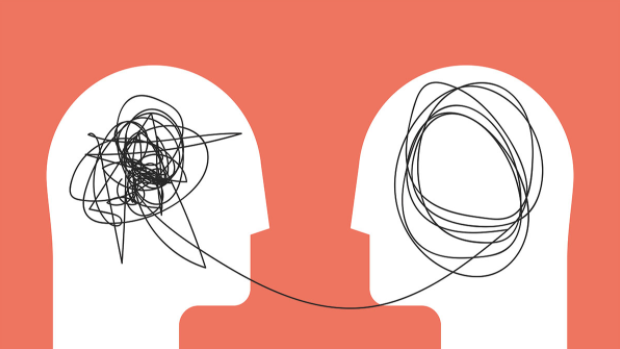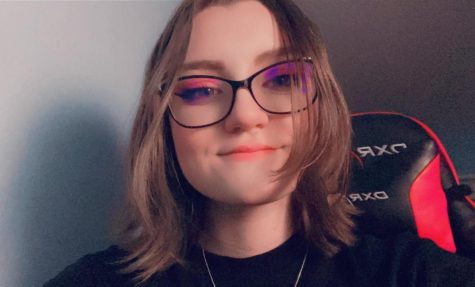The Psychology Behind the Popularity of Anti-Heroes
February 4, 2022
Anti-heroes have been around for a while, with one of the first in American literature being the famous Huckleberry Finn. The emergence of this character set the standard for a hero who was not perfect, but instead relatable and flawed. Soon, we were presented with characters like Marvel’s Wolverine or Hulk, and stories of vigilante heroes like Dexter, who is a serial killer that only murders the guilty. Modern media has grown to stray from former idealized heroes like Superman, but why is that?
In order to understand why people like anti-heroes, you first have to know what they are. An anti-hero is someone who is flawed, complicated, and often has a very skewed moral compass. They are the hero of the story, but very rarely, if ever, follow the conventional expectations of heroism.
Pop culture has since fallen in love with characters who have less-than-heroic traits since they are more relatable. A hero who is placed upon a pedestal of perfection may not have qualities like the ever-engaging Spiderman, who is introduced as a normal, semi-awkward teenager whose superhuman powers happened to fall into his hands through the bite of a radioactive spider. Peter Parker chooses to use these newfound, spider-like abilities for good, and the struggle to balance his life as Spiderman and his life as Peter Parker ensues, showing his imperfections.
Beloved characters like Jack Sparrow constantly challenge the line between good and bad, and consumers of media typically enjoy that. An anti-hero may play the role of the victim, or find themselves in the position of one. Sometimes we must recognize that, however miniscule, there is a piece of the anti-hero in all of us.
The adoration of the anti-hero is no doubt rooted in self identification with their characteristics and their backstories. Typically when we see ourselves in characters, we are moved and can connect with them on a deeper level. Our love for these characters all root back to empathy. Empathizing with a character, fictional or otherwise, can provoke a deeper absorption into the fictional world and further immerse us into the story.
At the end of the day, anti-heroes are cool and complex characters that millions of people love. Their morality, or lack thereof, makes readers and viewers gravitate towards them. It is in our human nature to empathize with people, and what makes anti-heroes so easy to understand is because they are relatable, and typically very round, dynamic characters. It’s because of classic characters like Beast from Beauty and the Beast or Jack Skellington from The Nightmare Before Christmas that we are able to fall so deeply into the stories we’re presented with.
While everyone is entitled to their own opinions, there is no denying that the cherished anti-heroes are here to stay for a long while, and that they have the support of millions of fans behind them.




